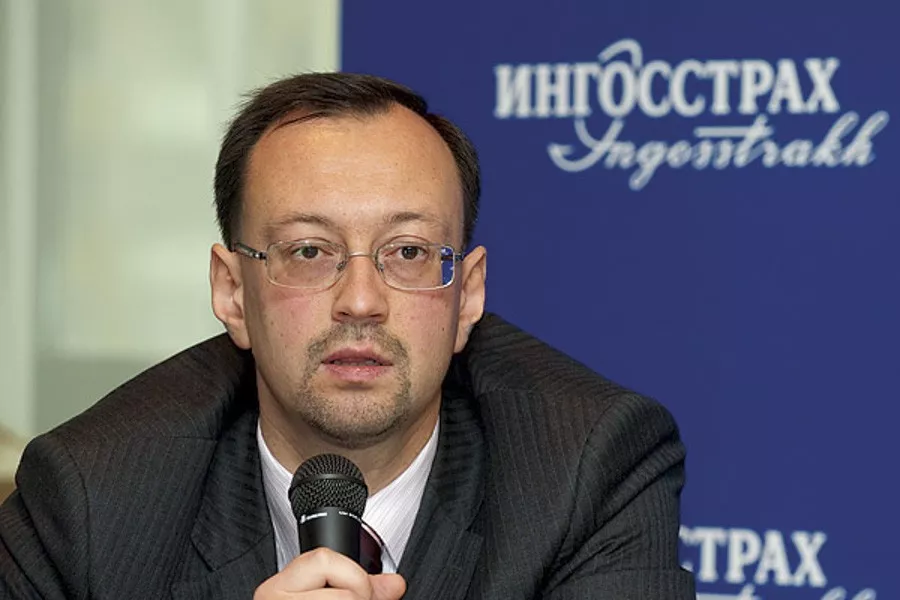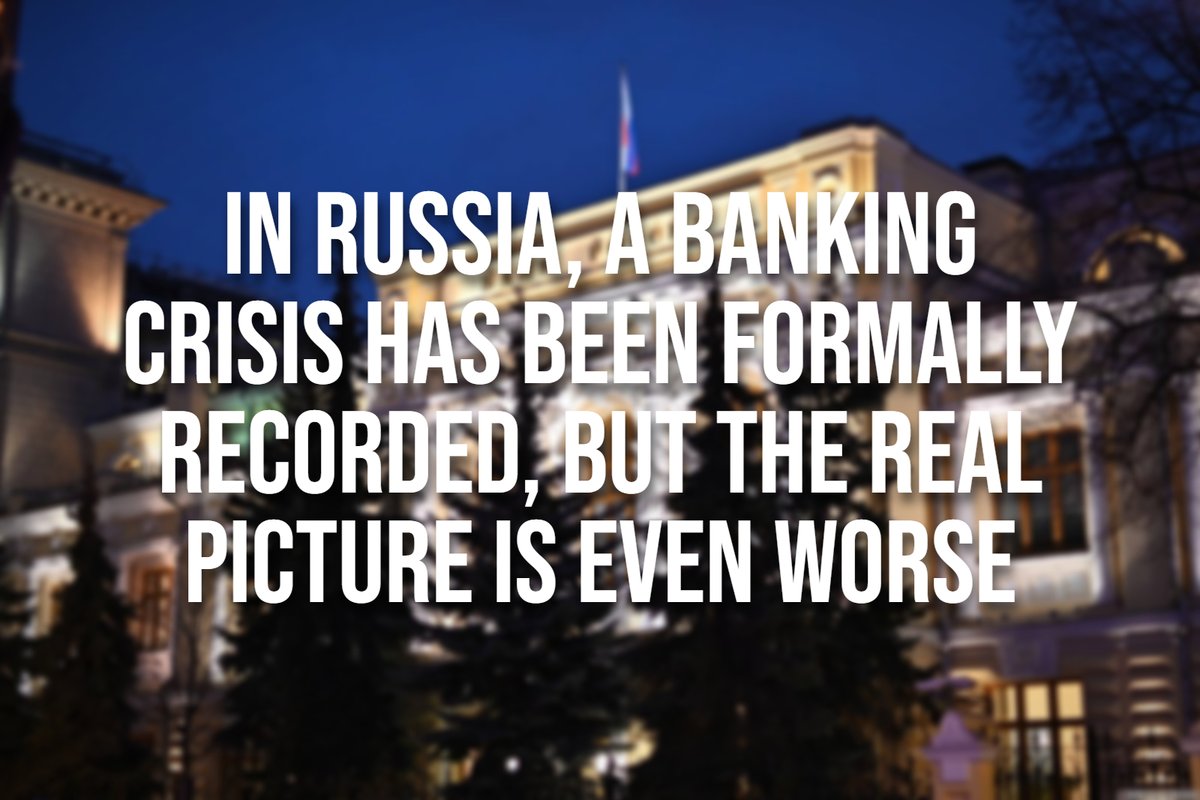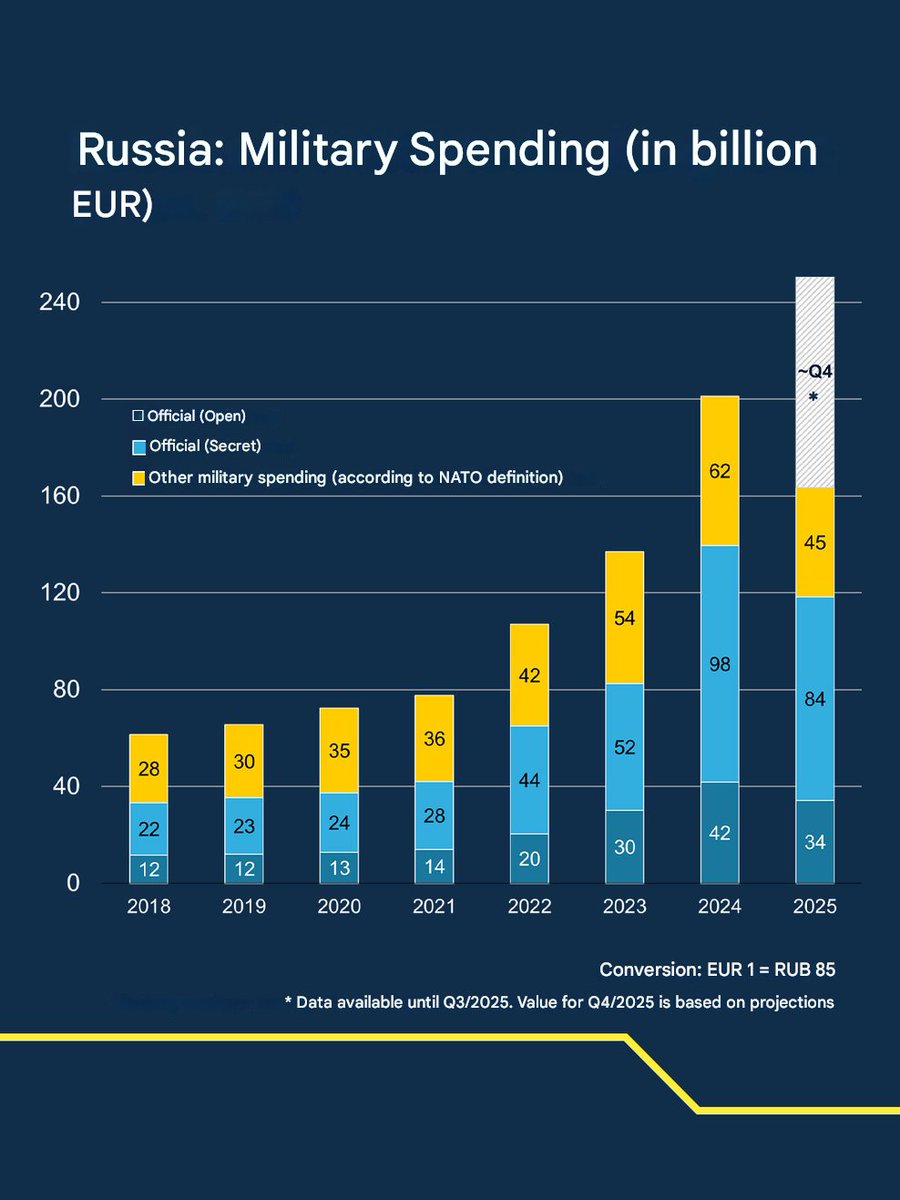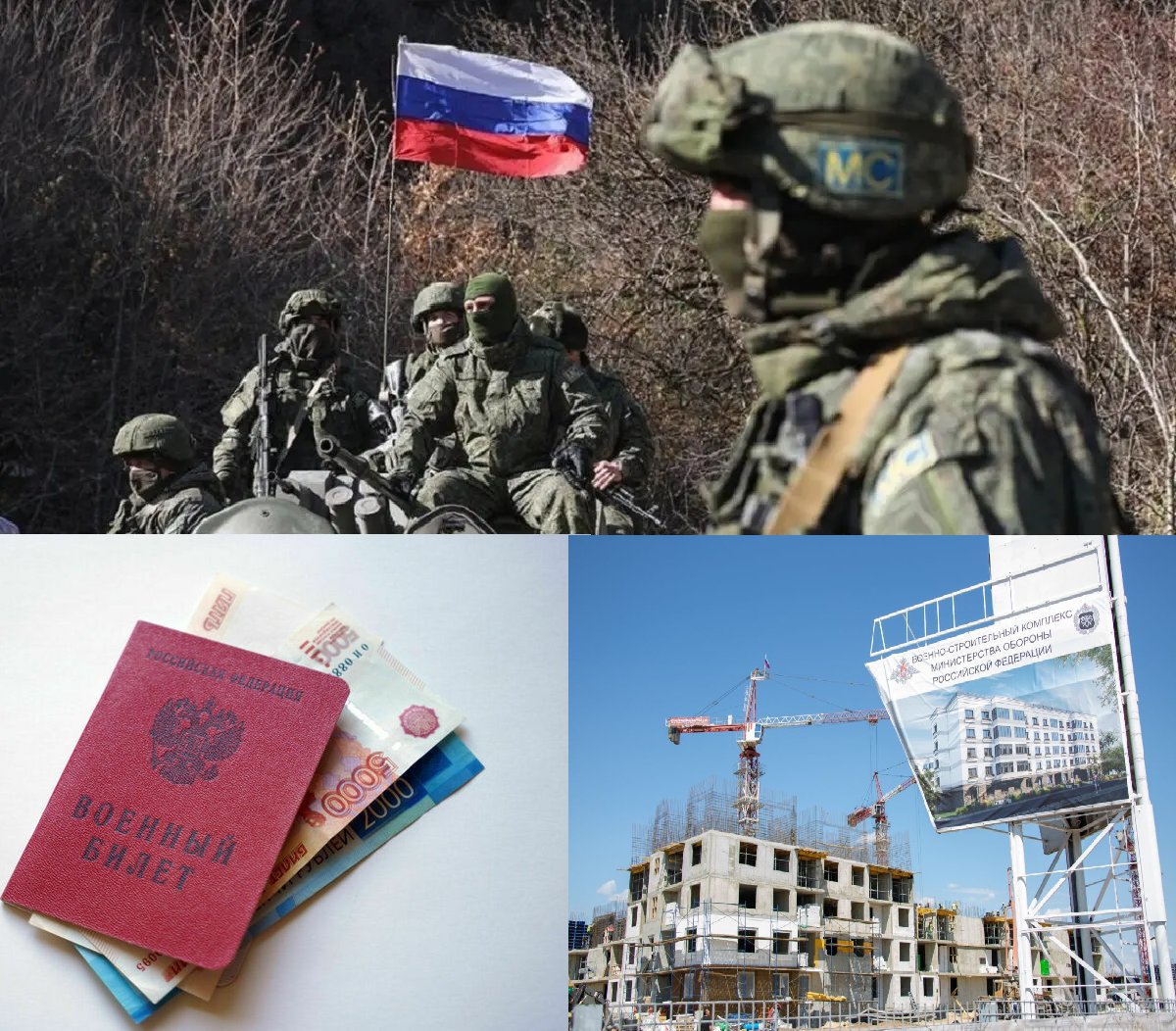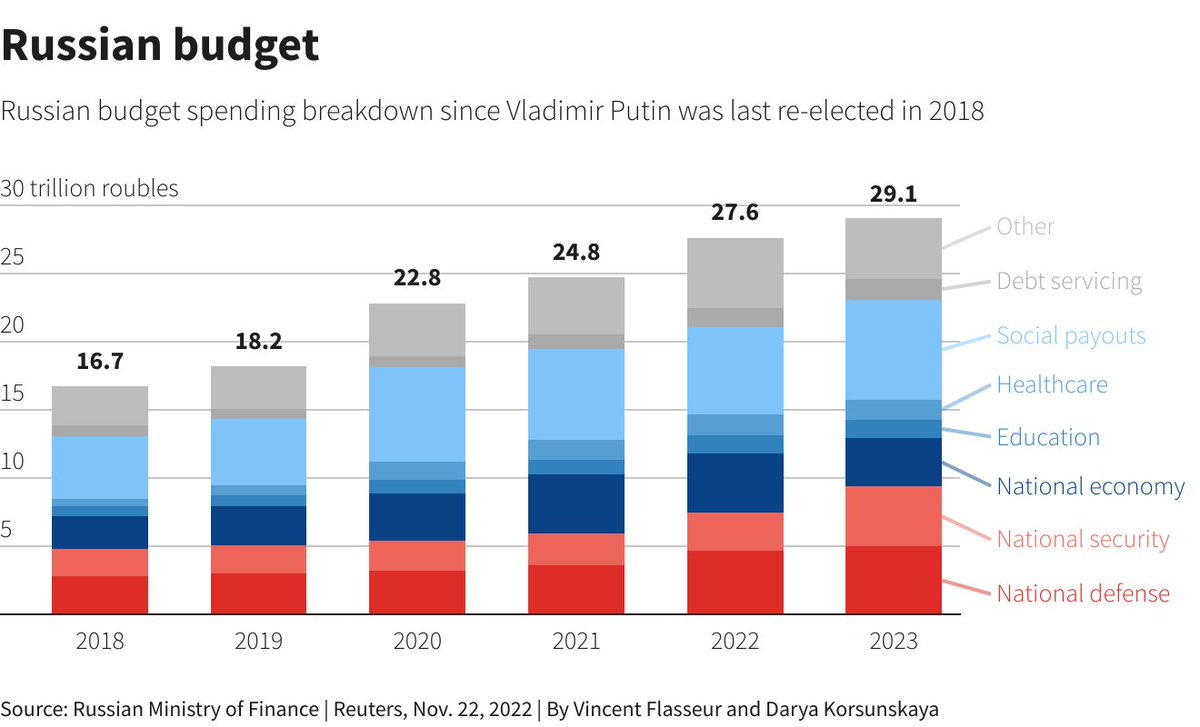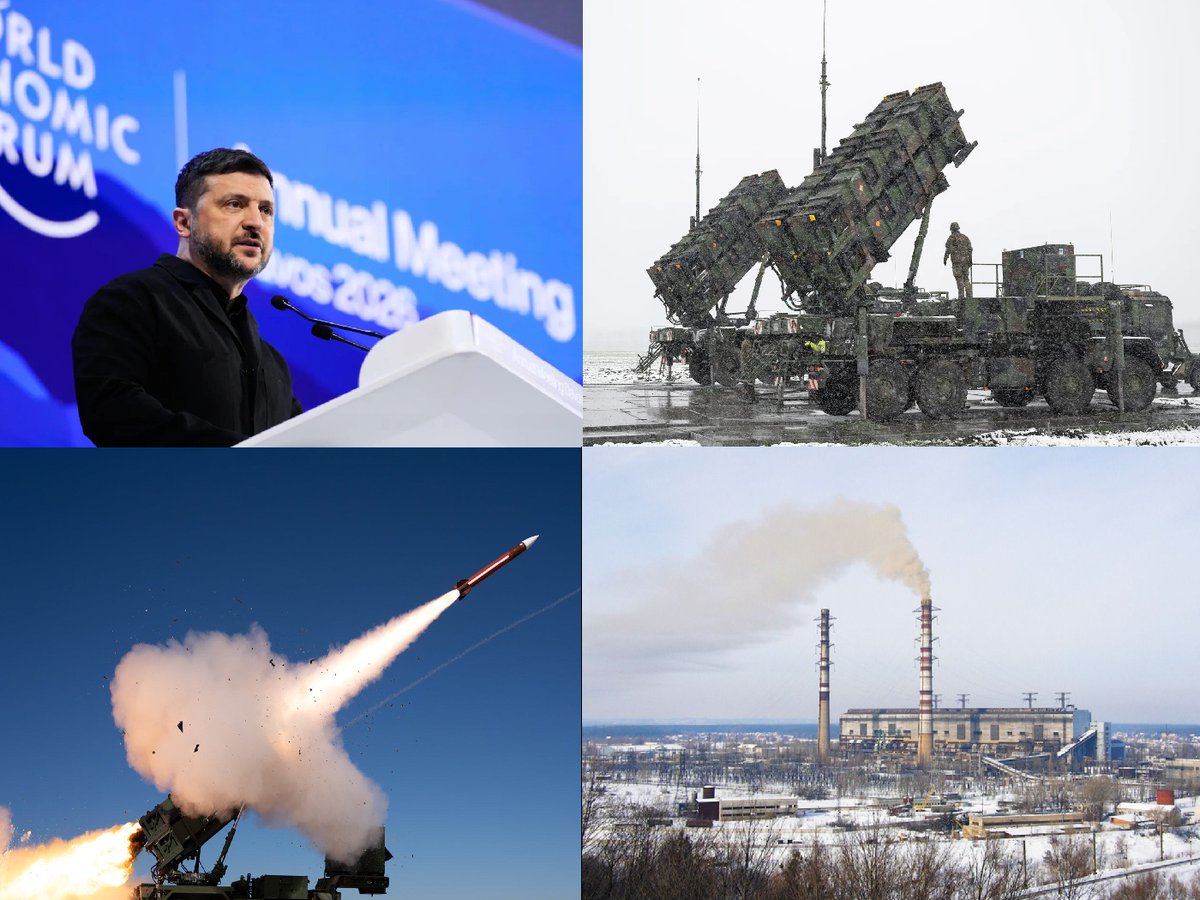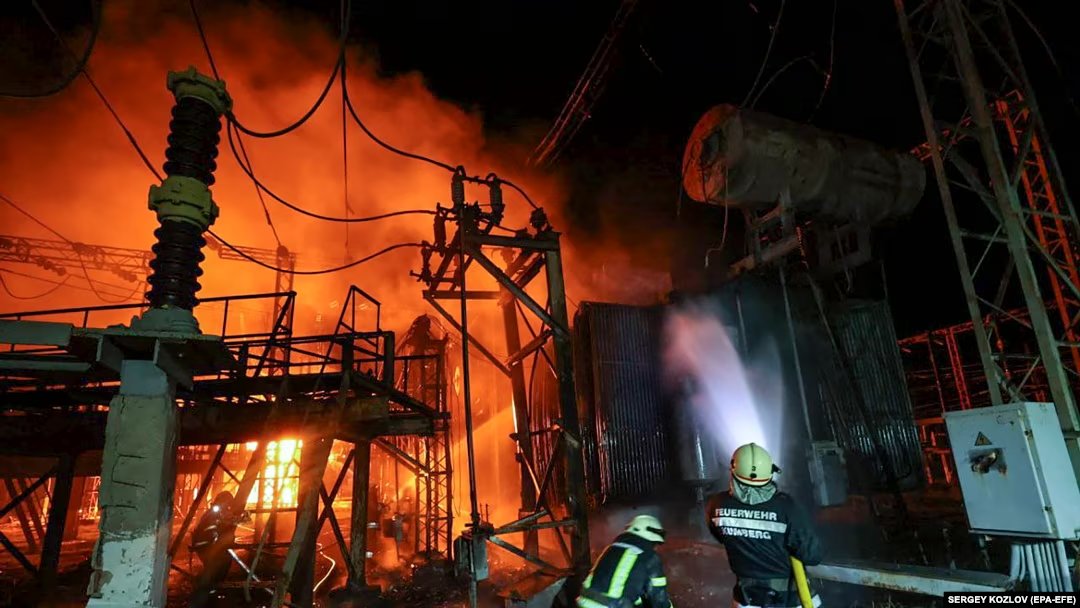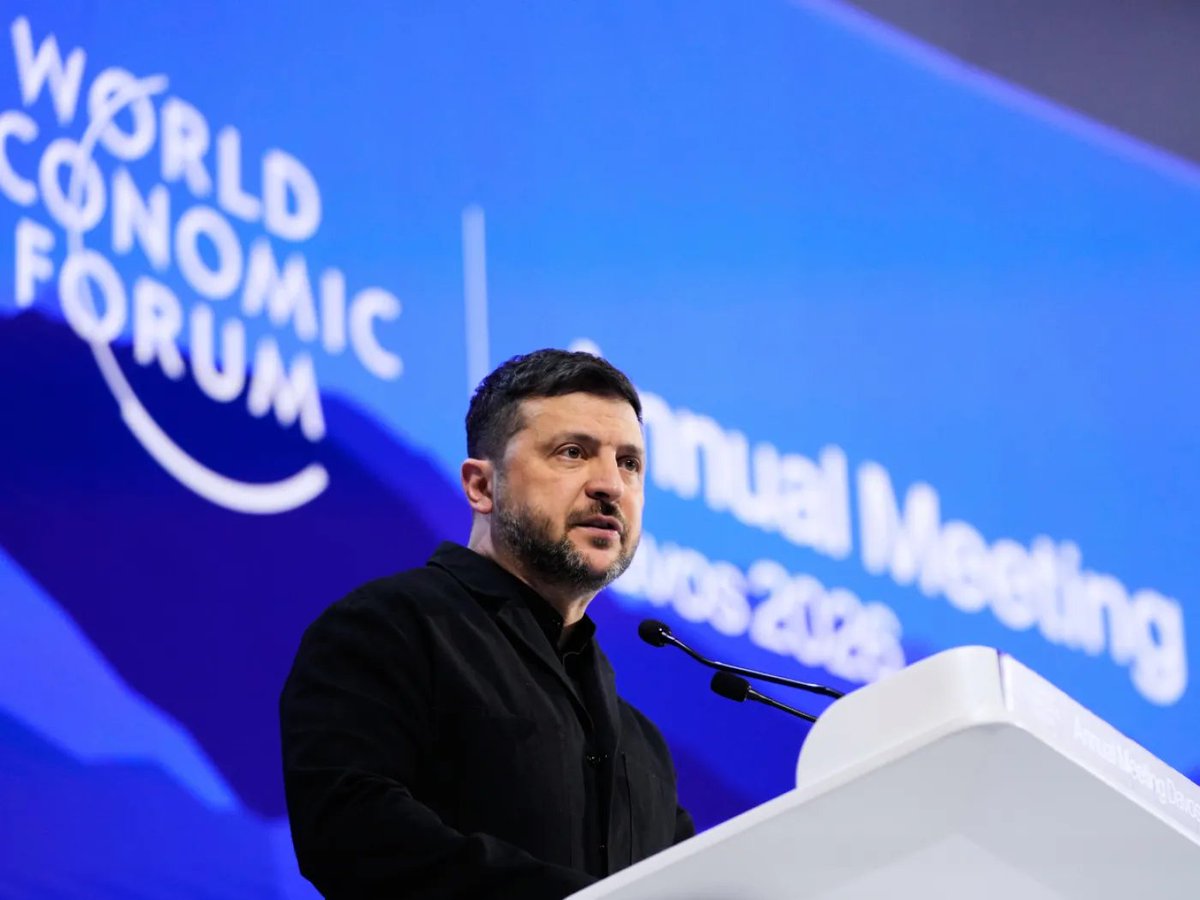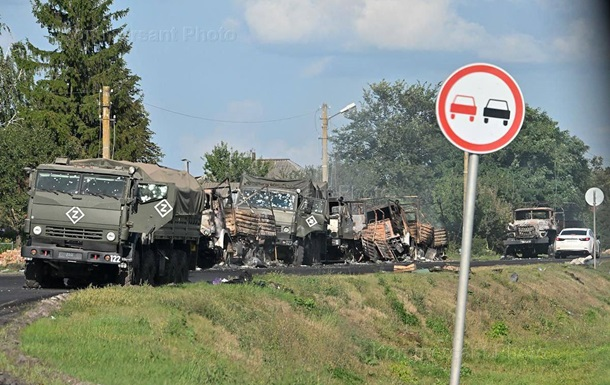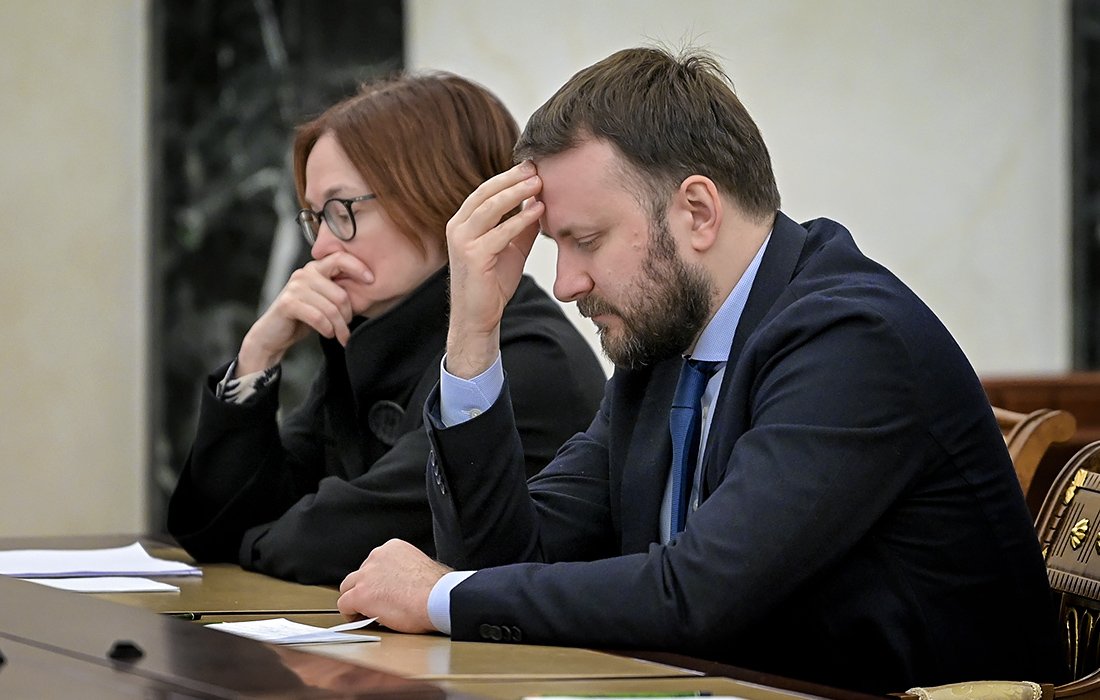Russia actively hires Africans not only in the ranks of its army. African female students are actively involved in the assembly of Shahed drones in the city of Yelabuga in Tatarstan. In the special economic zone called "Alabuga" there is a plant for the mass assembly of
1/5
1/5

Iranian drones. In Russia it is called Geranium-2. The girls are brought mainly from Uganda, where they are selected on the basis of a competition, showing good results in studying natural sciences in high school. They are paid $ 1,000 per month, which is three times higher
2/5
2/5

than the average salary in the country, free flights and accommodation, a university diploma. As a rule, they are not told that they will be assembling drones, but are offered work and study in the "high-tech sector". Before this, Russian students were involved in the
3/5
3/5

assembly of drones. According to journalists, more than 1,000 girls from Uganda have already found work at the plant in this way. The girls study at the Alabuga Polytechnic College and work in parallel with their studies. At the same time, the students complain that the
4/5
4/5

work is exhausting. They go on shifts for several days in a row. This plant also became famous after a Ukrainian drone struck it on April 2, 2024. Then up to 16 people were injured, and the drone set a record at that time, flying 1,300 km. from the Ukrainian border. Russia
5/6
5/6

actively exploits Africans, taking advantage of the low economic indicators in the region and luring people into the army or to assemble drones, promising huge amounts of money by the standards of the region.
6/6
🧵by @iljaandreev
6/6
🧵by @iljaandreev

• • •
Missing some Tweet in this thread? You can try to
force a refresh



